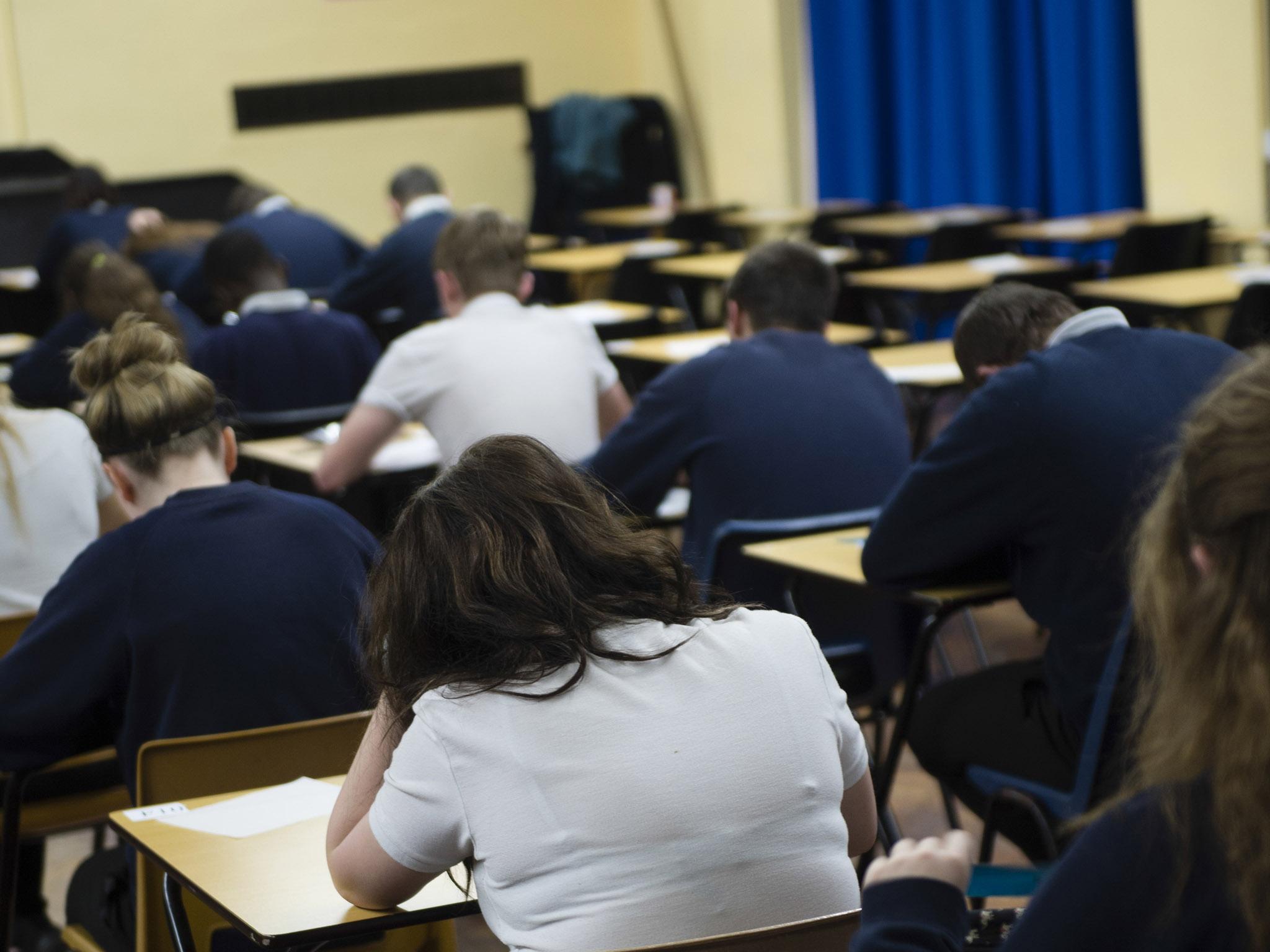More than half of 'underperforming' schools would improve if pupil backgrounds were considered, study finds
'We need fresh approach to GCSE performance tables,' headteachers' union says

More than half of “underperforming” schools would no longer fall into this category if the challenging backgrounds of their pupils were taken into account, according to a new report.
League tables punish secondary schools with high levels of deprivation and special education needs (SEN), the Northern Powerhouse Partnership (NPP) think tank found.
A fifth of schools would see their league table position change by more than 500 places if the government’s accountability measure recognised other factors including whether a child is eligible for free school meals (FSM), it says.
The study compared the government’s headline measure “Progress 8”– which assesses how much progress students make during secondary school – with an “adjusted” contextual measure.
Once pupil age, gender, ethnicity, English as an additional language, SEN, FSM status and residential deprivation were considered, 51 per cent of schools currently judged to be “underperforming” against accountability measures would move out of this category, the research by Bristol University suggests.
The report, from the NPP, calls for pupils’ backgrounds to be taken into account in secondary school league tables to present “a more informative picture of school performance.”
It adds: “The low-average Progress 8 score seen in the North East improves substantially after adjustment due to the high proportions of poor pupils taught in this region.”
Henri Murison, director of the NPP, said: “The government hasn’t had a consistent focus on improving education standards in the Northern Powerhouse.
“Unless we devolve more powers and funding, establishing a new northern schools board to oversee currently unaccountable schools commissioners and a centre for what works in schools in disadvantaged areas, we will not be able to close the skills gap even with much more devolution and increased funding for further education to our Metro Mayors and combined authorities.”
Geoff Barton, general secretary of the Association of School and College Leaders, said: “Too much weight is given in school performance tables to complex measures which fail to take into account context and effectively penalise schools with high intakes of pupils who face the greatest challenges.
A Department for spokesperson said: “We need a fresh approach to performance tables so that they are fairer to schools, more useful to parents, and promote and reward inclusivity. We want all pupils to fulfil their potential, regardless of their background, and we introduced Progress 8 to provide a fairer measure on how schools are supporting pupils to achieve their best.
“Progress 8 helps parents choose the right school for their child, specifically recognising those schools that make good progress with lower attaining pupils, and identifying those schools not doing enough with a high performing intake."
Join our commenting forum
Join thought-provoking conversations, follow other Independent readers and see their replies
Comments
Bookmark popover
Removed from bookmarks